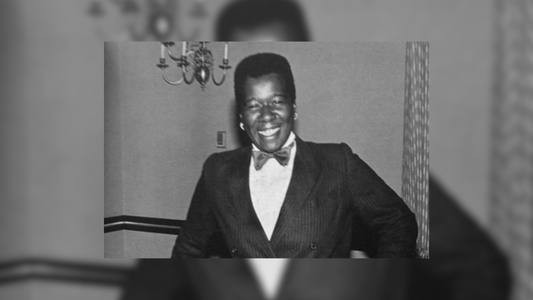Volunteering for an election is a powerful way to contribute to the democratic process and make a tangible impact on your community. Whether you're interested in helping with voter registration, assisting at polling stations, or supporting a candidate’s campaign, your involvement is crucial. If you’re ready to dive into election volunteering, here’s a step-by-step guide to get you started:
1. Understand Your Options
Before you dive in, familiarize yourself with the various ways you can volunteer. Some common election-related volunteer opportunities include:
- Voter Registration Drives: Helping register new voters or update existing registrations.
- Poll Worker: Assisting at polling stations on Election Day, ensuring the voting process runs smoothly.
- Campaign Volunteer: Supporting a candidate’s campaign through canvassing, phone banking, or organizing events.
- Election Monitoring: Observing the voting process to ensure fairness and compliance with election laws.
- Get-Out-The-Vote Efforts: Encouraging and helping people to vote, including providing information on voting locations and deadlines.
2. Choose a Cause or Campaign
Decide where you want to direct your efforts based on your interests and values. Research candidates, causes, or issues that you feel passionate about. If you’re interested in a specific candidate or political party, visit their official website or contact their campaign office. If you prefer working on broader issues like voter rights or election integrity, look for organizations dedicated to these causes.
3. Reach Out to Organizations
Once you’ve identified where you want to volunteer, contact the relevant organizations or campaigns. Here’s how to do it:
- Visit Websites: Most campaigns and organizations have dedicated sections for volunteers. Check out their volunteer sign-up forms or contact information.
- Attend Meetings: Many campaigns or organizations hold informational meetings or webinars. Attend these to learn more about their needs and how you can help.
- Social Media: Follow the social media accounts of campaigns or organizations to stay updated on volunteer opportunities and events.
4. Complete Any Necessary Training
Many volunteer roles, especially those at polling stations or as election monitors, require specific training. Here’s what to expect:
- Poll Worker Training: If you’re working at a polling station, you may need to attend training sessions provided by local election authorities. This training will cover procedures, legal requirements, and the use of voting equipment.
- Campaign Training: For campaign-related roles, training might include scripts for phone banking, guidelines for canvassing, and information about the candidate’s platform.
5. Schedule Your Volunteer Shifts
Coordinate your availability with the needs of the campaign or organization. Ensure you understand the time commitment required and any specific dates or shifts you need to cover. Be sure to confirm your schedule and any logistical details, such as location or required materials.
6. Prepare for Your Role
Get ready for your volunteer role by:
- Gathering Necessary Documents: Some roles may require identification or proof of residency, especially if you’re working as a poll worker.
- Familiarizing Yourself with the Process: Review any provided materials or guides to understand your responsibilities and how to perform your tasks effectively.
- Staying Informed: Keep up-to-date with current election issues, candidate positions, and any changes in voting procedures or regulations.
7. Show Up and Make a Difference
On the day of your volunteering, make sure to:
- Arrive on Time: Punctuality is crucial, especially on Election Day, to ensure everything runs smoothly.
- Follow Instructions: Adhere to the guidelines and protocols provided to you, whether you're working with voters, managing a campaign, or monitoring the election.
- Stay Positive and Professional: Maintain a respectful and helpful demeanor, as your interactions will impact voters and other volunteers.
8. Reflect and Provide Feedback
After your volunteer experience:
- Reflect on Your Experience: Consider what went well and what could be improved. This will help you and the organization or campaign enhance future efforts.
- Provide Feedback: Share your experiences and suggestions with the campaign or organization to help them refine their processes and volunteer management.
9. Stay Engaged
Volunteering doesn’t have to end with the election. Continue to stay engaged with the causes and campaigns you support. You can:
- Join Advocacy Groups: Continue working with organizations that align with your values.
- Participate in Local Meetings: Attend local government meetings or town halls to stay involved in community issues.
- Plan for Future Elections: Start preparing for future elections by maintaining your volunteer connections and staying informed about upcoming opportunities.
By following these steps, you’ll be well on your way to making a meaningful impact in the upcoming election. Your efforts not only support the democratic process but also strengthen the community and ensure that every voice is heard.




